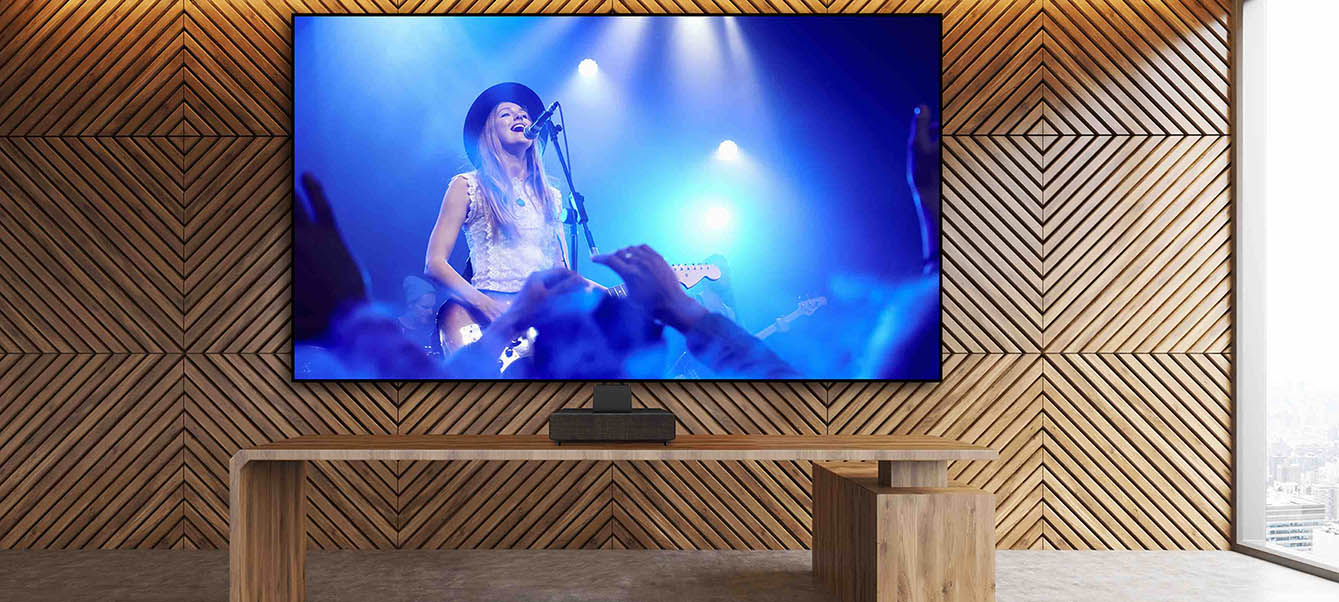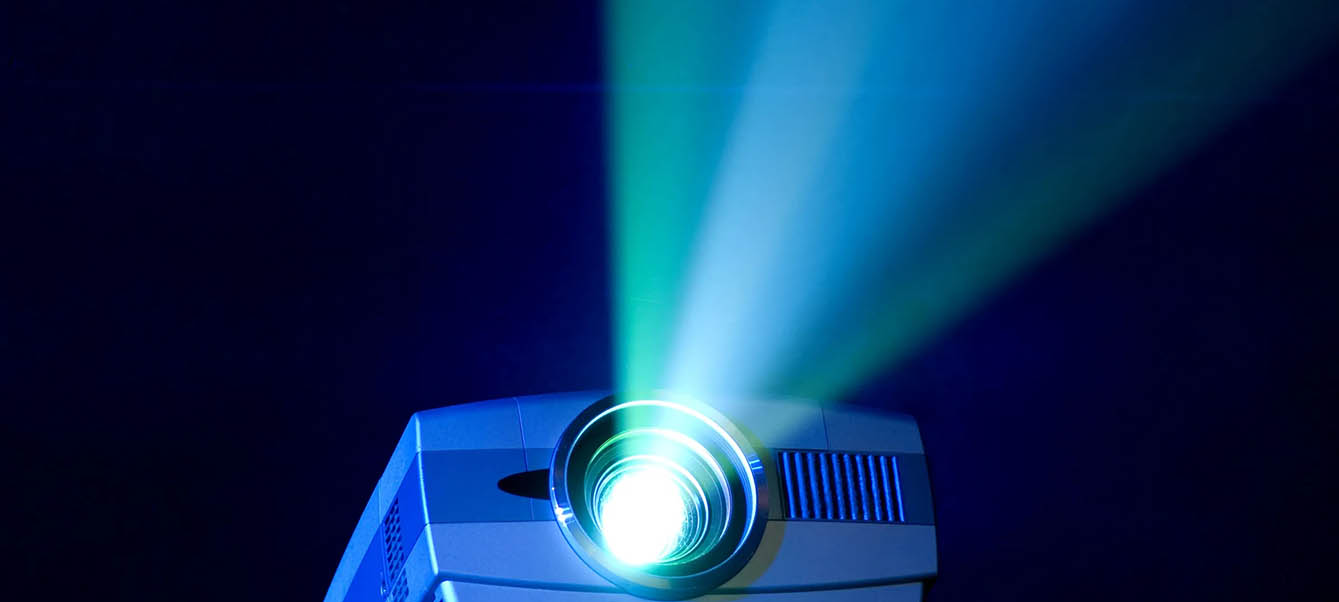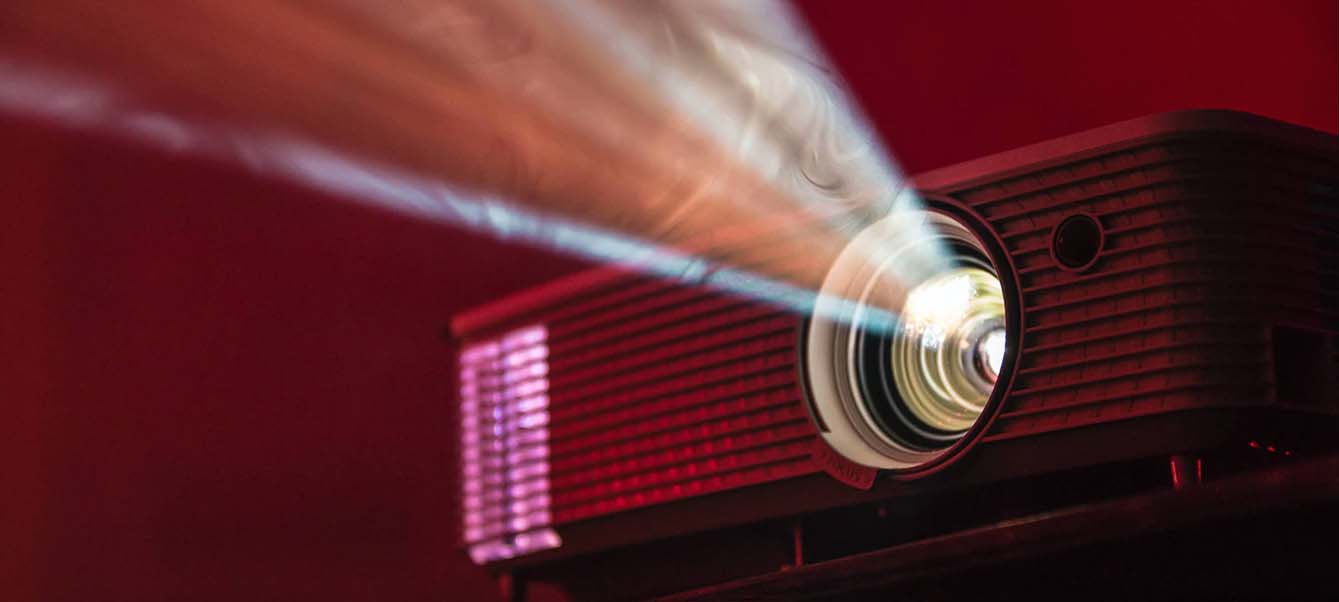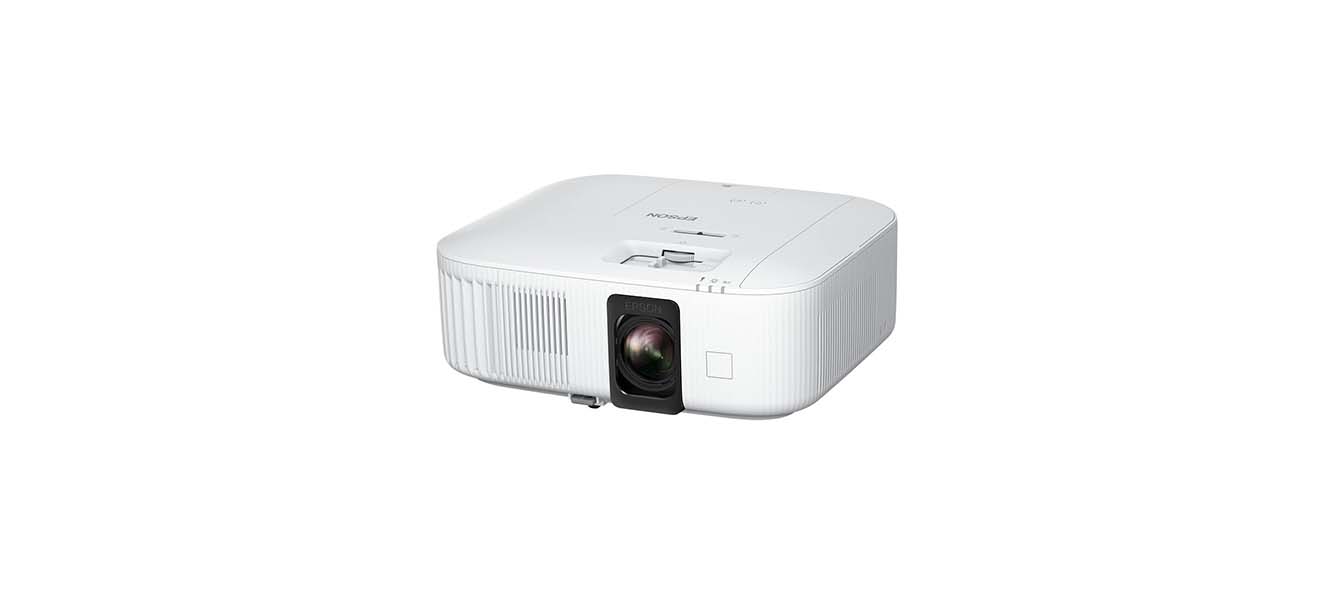I’ve always been on the lookout for devices that can enhance my gaming experience. While large-screen TVs are great for gaming, the immersion offered by a projector is something I’ve always found more appealing. Especially now that 4K gaming projectors are becoming more accessible, many people are realizing that projectors offer more than just a “bigger” screen — they create a far more immersive gaming world.
Today, I want to share my insights on 4K gaming projectors, helping you make an informed decision when choosing a projector to build your ultimate gaming setup.
What is 4K?
If you’re a gamer or movie lover, you’ve probably heard the term “4K” countless times, but it might still seem a bit confusing. The “4” in 4K refers to the horizontal resolution of the image, while the “K” stands for “thousand.” Essentially, 4K refers to a resolution with around 4,000 pixels across the screen. Compared to traditional 1080p HD, 4K provides four times the pixel count, resulting in clearer, more detailed images.
For gaming, 4K resolution offers significantly enhanced detail and realism. If you’ve ever experienced a 4K game, you know how striking the visuals are — sharper textures, more lifelike lighting, and smoother motion. Personally, I believe 4K resolution is a key element in taking gaming immersion to the next level.
However, 4K is more than just resolution. When choosing a 4K gaming projector, there are other important factors to consider, such as brightness, input lag, and refresh rate, which I’ll cover in detail below.
What to Consider When Choosing a 4K Gaming Projector?
Selecting the right 4K gaming projector is not just about picking a high-resolution device. To ensure the best gaming experience, there are several other factors you need to take into account:
1. Resolution
Of course, the most important factor is the projector’s resolution. A 4K resolution (3840×2160) delivers much clearer images with more detail. For an immersive experience, 4K resolution is essential — especially for high-end gaming where every texture and detail counts.
However, it’s important to note that some projectors, while marketed as “4K,” may not offer true 4K. Some use a technology called “pixel-shifting” to simulate a 4K image on a 1080p projector. While these projectors are cheaper, they may not deliver the same level of clarity and sharpness as native 4K projectors. Be sure to confirm that the projector supports true 4K resolution before making a purchase.
2. Input Lag
Input lag is the time delay between when you press a button on your controller and when the action appears on the screen. For gamers, low input lag is absolutely crucial, especially for fast-paced games like first-person shooters or racing games. Ideally, you want an input lag of 30ms or less.
When choosing a 4K gaming projector, it’s essential to pick one with low input lag. High input lag can ruin the gaming experience, especially in competitive games where quick reflexes are key. Many gaming projectors are specifically designed to reduce input lag, making them ideal for serious gamers.
3. Brightness (Lumens)
Brightness is another important factor in projector performance. The amount of light a projector produces affects how well the image can be seen, particularly in rooms with ambient light. If you’re planning to game in a dark room, brightness may not be a big concern, but if you’re gaming in a well-lit space, you’ll need a projector with a higher brightness.
Projectors with 3,000 lumens or more are typically bright enough for use in rooms with some light. If you plan on gaming in a well-lit environment, consider projectors that offer even higher brightness, like 4,000 lumens or more, to ensure a clear and vivid picture.
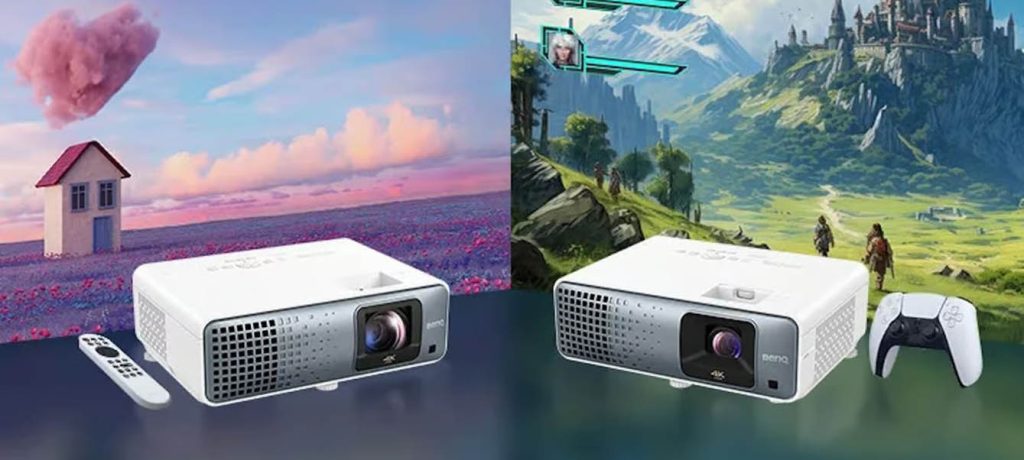
4. Refresh Rate
The refresh rate of a projector indicates how many times per second the image is updated, typically measured in Hertz (Hz). A higher refresh rate ensures smoother visuals, reducing motion blur and screen tearing, which is especially important in fast-paced gaming.
While most modern gaming projectors have a 60Hz refresh rate, I recommend looking for projectors with at least 120Hz refresh rates if you’re into competitive or action-packed games. Higher refresh rates mean smoother, more responsive gameplay.
5. Throw Distance and Screen Size
The throw distance refers to how far the projector needs to be placed from the screen to produce a certain image size. This is a critical factor for gaming, especially when you’re trying to create the perfect setup. Larger screens often require a longer throw distance, so choosing the right throw ratio is essential to achieve the image size you desire.
For those with limited space, a short throw or ultra-short throw projector can be a great option. These projectors can produce large images even when placed close to the screen, making them ideal for smaller rooms or tight spaces.
Best 4K Gaming Projectors
After much research and hands-on testing, I’ve narrowed down some of the best 4K gaming projectors that deliver fantastic performance across various key factors such as picture quality, input lag, and refresh rate. Whether you’re into fast-paced shooters or immersive RPGs, these projectors will elevate your gaming experience.
1. Epson LS500 4K UHD Laser Projector
The Epson LS500 is a top-tier projector designed specifically for home theater and gaming. It offers true 4K UHD resolution and features advanced laser light source technology. With its exceptional brightness (4,000 lumens), this projector provides vivid, sharp images even in bright rooms. One of the key features that impressed me is its low input lag of just 16ms, which is perfect for competitive gaming.
This projector also supports a refresh rate of 120Hz, ensuring a smooth and seamless gaming experience. The LS500’s flexible throw ratio makes it ideal for home use, and even with limited space, you can project a large screen with impressive clarity.
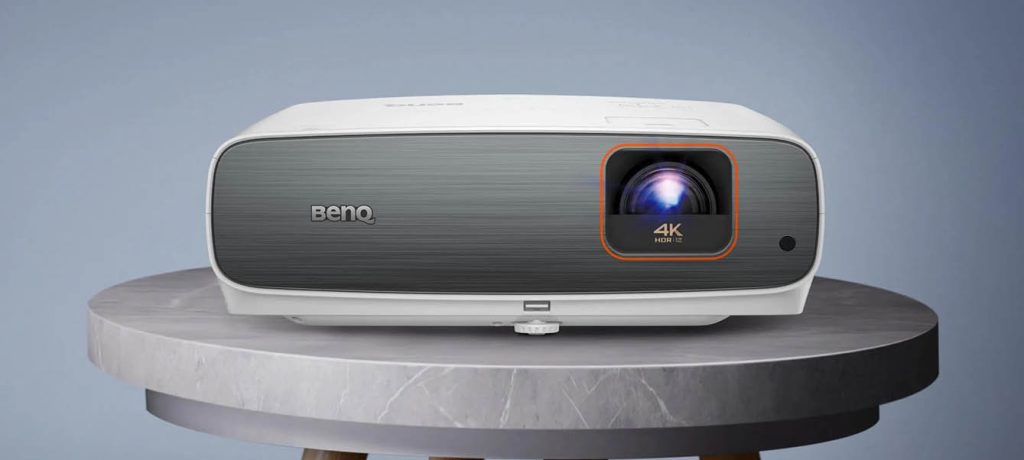
2. BenQ TK850i 4K HDR Smart Projector
The BenQ TK850i is another standout 4K gaming projector, offering stunning visuals and vibrant colors. With a brightness of 3,000 lumens, it performs well in rooms with ambient light, making it a great choice for daytime gaming. The projector also supports HDR, which enhances the color and contrast, providing a more immersive experience.
What sets the TK850i apart is its ultra-low input lag of 16ms and its support for a 120Hz refresh rate. Whether you’re into casual or competitive gaming, this projector delivers fantastic performance across the board. Additionally, it features a smart operating system, allowing you to stream content directly without needing additional devices.
Choosing the right 4K gaming projector can significantly enhance your gaming experience. By considering key factors like resolution, input lag, brightness, refresh rate, and throw distance, you can find the ideal projector to meet your needs. With a great 4K gaming projector, you’ll enjoy sharper, smoother visuals, and a more immersive gaming environment.
Whether you’re into fast-paced action games or exploring vast, detailed worlds in RPGs, a 4K gaming projector can bring your games to life in ways that TVs can’t. I hope this article helps you find the perfect projector for your gaming setup, so you can dive into your favorite games with a whole new level of immersion.
